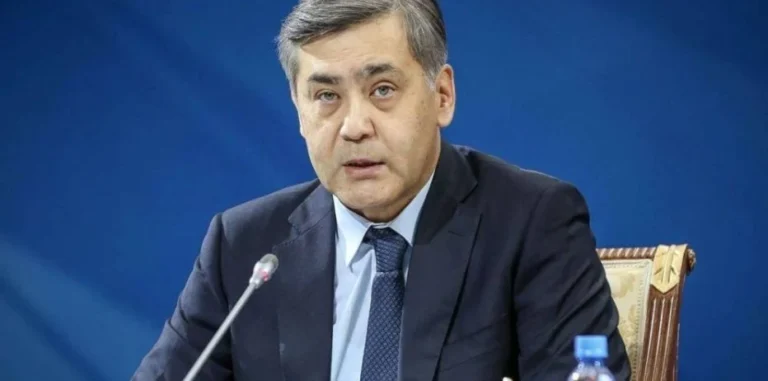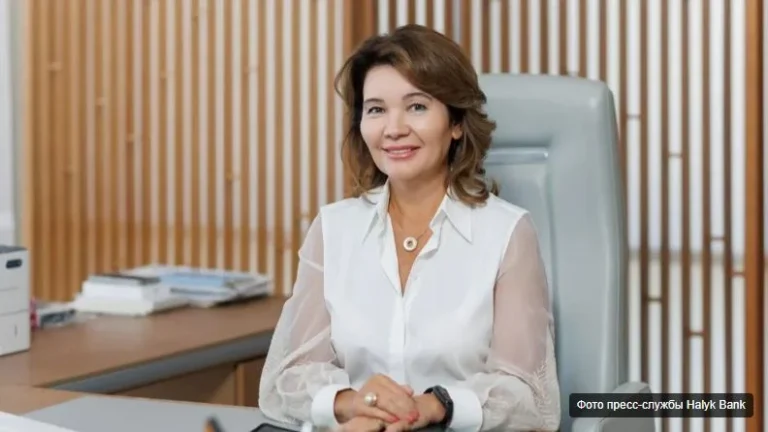New academic year reignites debate on hijab at school

The start of a new school year has once again triggered public debate around whether girls should be allowed to wear hijab at educational establishments.
Balancing the Muslim community’s sensitivities and the need to discourage radical Islam, the government has refrained from introducing an official ban on hijab at school, using instead local authorities and school administrations to bar girls wearing hijab from classrooms.
Meanwhile, public opinion on hijab and, in particular, the more conservative, all-covering female Islamic dress, has got notably more negative, with many seeing it as an assault on Kazakhs’ own cultural and spiritual traditions.
Following the latest flare-up of social media debates on the issue, the Spiritual Board of the Muslims of Kazakhstan issued a statement saying that according to Islamic law, the Shariah, girls who have not reached puberty are not required to cover their heads.

“The Muslim community must understand this,” it said in the statement on 11 September. It added that the Board had given “corresponding recommendations to the relevant state bodies”, without elaborating. “We hope that the Muslim community’s request will be taken into account and a positive decision will be taken,” it said.
Exclusive.kz has asked experts to share their views on the issue.
Religion expert Artem Solovyov said that Kazakhstan had no laws regulating religious dress and other attributes in public places.
However, the Law on Education says that parents and other legal custodians must comply with the uniform requirements established by educational institutions, he added.
Solovyov said that educational institutions’ internal rules regarding students and lecturers’ appearance could be a subject for debate, “not protests and emotions, but a thoughtful discussion between government officials and representatives of all religious organisations whose activity is allowed in Kazakhstan”.
Solovyov added that in Islam “there is no one single dress code, nor one rule regarding having a beard, there is no clear requirement regarding one’s external appearance.”
Psychologist Sholpan Dzhumanbekova said it was “inadmissible” in a secular state like Kazakhstan to allow religious dress at school “because we want to develop, move forward, not back to the Middle Ages”.
“I love and respect my grandparents, they kept practicing prayer even in Soviet times, but they never imposed their faith on anyone, and their faith was a mix of Tengrianism and Islam, which is the Kazakh way. We have to respect the heritage left to us by our ancestors.
“I am against girls wearing headscarves at school, because it is never their own choice, but that of their parents. What often happens is that there is a [religiously] brainwashed father, who then brainwashes his wife and children, imposing on them his own views,” Dzhumanbekova said.
“Do they give their young daughter any choice? She simply wants to play with her friends, irrespective of their background … When she grows up and decides for herself what ideology and what religion to follow, then we will have to respect her choice, if that is her conscious decision,” she said.
Rustem Syzdykov, deputy chairman of the Centre for Helping Victims of Destructive Religious Organisations, said that someone’s inflexibility on the issue of hijab could be a sign of their being under the influence of radical religious groups, “which see their ideology as the absolute truth”.
He said that the Kazakhs had their own traditional form of Islam, which had become part of the national culture, tradition, worldview, self-identification. “It is peaceful and does not seek to change the political system.”
Radical Islam is “a combination of extreme religious views and illegal activities, under the cover of distorted religious teachings”, Syzdykov said.
He said there must be a legal ban on the activities of “all non-traditional destructive religious teachings” in Kazakhstan. “Otherwise, I am sure that Kazakhstan will see a second phase of radicalisation, involving calls for violence and terrorism.”
Zifa-Alua Auezova, an Arab studies expert, said that it was important for the government to conduct a thorough study to know how many people in the country actually wanted religious attributes like hijab or niqab to be allowed at school, in what parts of the country those people were, and why they wanted that.
She warned that if ignored, the heated social media debates might grow into serious issues, causing divisions within society.
“The longer the issue stays hushed up, unaddressed, without a search for some common ground and proper discussion, the worse it is going to get,” she said.
“Those in the minority will feel alienated, and their numbers will grow for objective social reasons,” Auezova said. “The relevant government agencies must create platforms for dialogue. This is what they do in democratic societies when a tangible conflict arises and a notable part of society holds a position different to that of the majority – they look for compromise, giving both sides a chance to speak out. This approach is the foundation of democracy,” she said.





Все комментарии проходят предварительную модерацию редакцией и появляются не сразу.